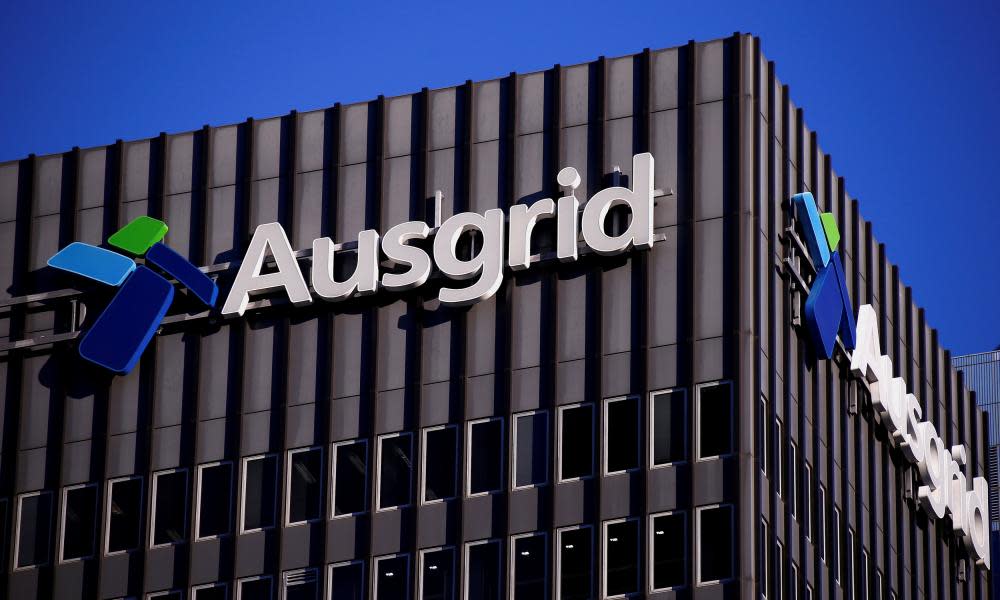NSW's Ausgrid sale undermined by negotiation failures, report finds

The New South Wales government potentially limited the value of half of the state’s electricity assets by disclosing its price too early in privatisation negotiations, the state’s auditor general has found.
On Tuesday the NSW auditor general, Margaret Crawford, released a scathing assessment of the government’s $16bn privatisation of electricity supplier Ausgrid in 2016.
Crawford said the government’s decision to reveal its price early in negotiations had potentially limited the value of the sale. She also found no evidence that the government had set a reserve price or had a negotiation strategy in place.
The report details a meeting between the then Treasury secretary, Rob Whitfield, and the two companies behind the successful bid, AustralianSuper and IFM Investors, where he expressed his “personal views on the initial offer”, including a suggested price.
Later the same day, the companies revised their proposal to match “exactly the dollar price suggested by the Treasury secretary”. The following day, the state entered a “participation agreement” based on the revised proposal.
“Shortcomings in the negotiation process means it cannot be assured that optimal value for money was achieved,” Crawford’s report states.
She also said the government was unable to provide minutes of two meetings when a price was discussed with the potential buyer.
The 50.4% 99-year lease of Ausgrid – which supplies about half the state’s electricity – was a key plank of the Baird government’s successful re-election bid in 2015.
In August 2016 the then-federal treasurer Scott Morrison blocked the sale of the network to two Chinese bidders on national security grounds. The government then received an unsolicited proposal from the Australian consortium, AustralianSuper and IFM Investors.
In her report, Crawford is critical of the way the unsolicited proposal was handled. Unsolicited proposals allow a company to make a confidential approach to the NSW government with a unique proposition. If accepted, the proposal does not need to go to tender.
But Crawford refuted the claim the 2016 proposition was unique and said there were “shortcomings” in the way the process was handled.
“The evidence did not show beyond doubt that no other proponent could have put in a viable bid or that there was no other way to conclude the lease transaction,” the report says. “It is also not appropriate to determine that an unsolicited proposal is unique because it delivers an earlier outcome than possible through a tender process.”
The state’s treasurer, Dominic Perrottet, said he disagreed with the report’s findings.
“The transaction that delivered gross proceeds of $16.2bn to the state has already funded more than 100 projects, including public transport and roads, education, health, culture and sport, and water security,” he said.
“Further, an independent review undertaken by PricewaterhouseCoopers concluded that value for money was achieved and it was unlikely the proceeds from undertaking another trade sale process would have exceeded the final sale price achieved.”
But the NSW opposition leader, Michael Daley, accused the government of “botching” the sale.
“All the Liberals are interesting is getting the deal done, getting the money in the bank,” Daley said. “They never think about what it means for the ordinary person.
“This is merchant banker wizardry that is out of control. The Liberals are merchant bankers masquerading as government.”

 Yahoo News
Yahoo News 
